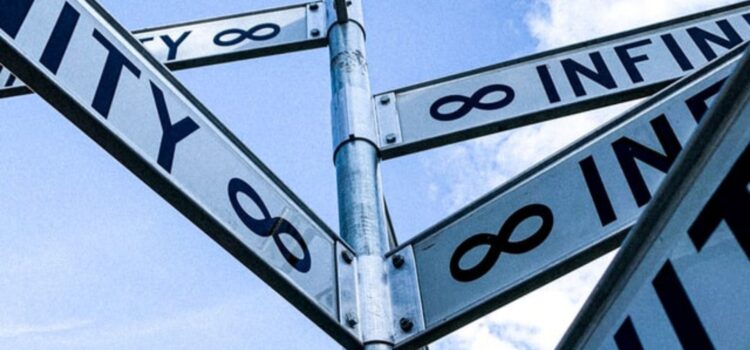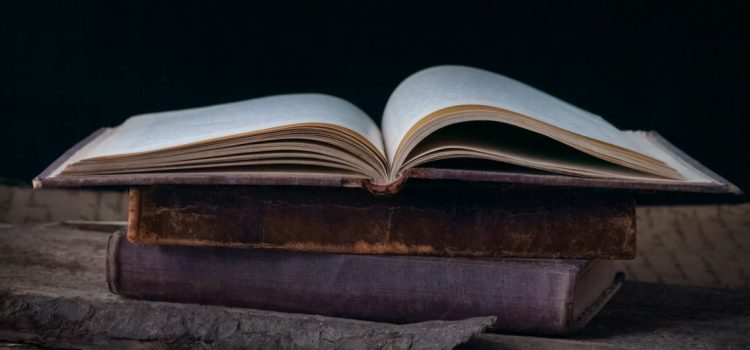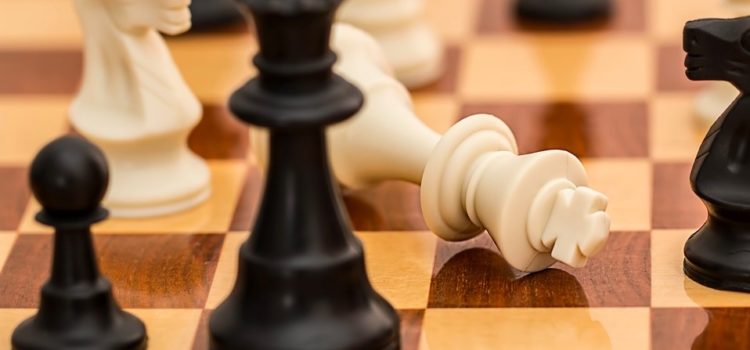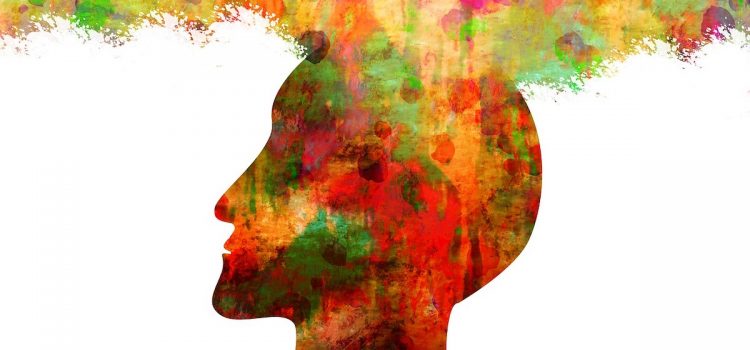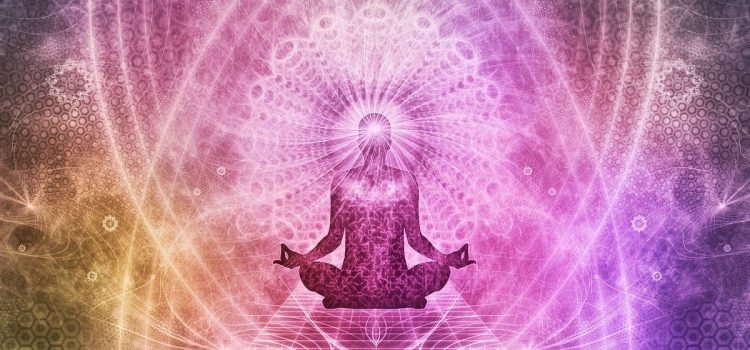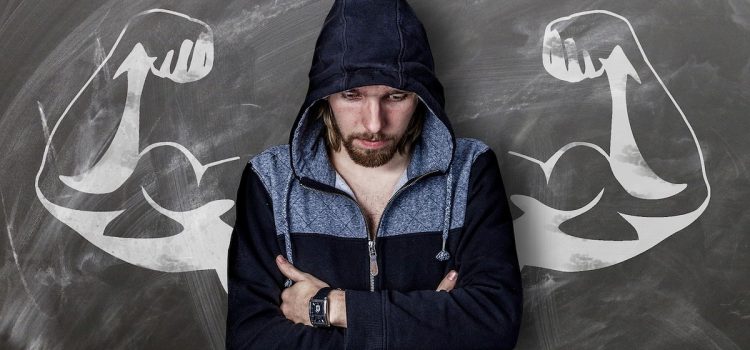Do you know how the law of attraction works? Do you believe in it? Wildly popular, often misunderstood, and sometimes ridiculed, the law of attraction is a feature in much of the self-help literature over the past century. Napoleon Hill, who popularized the law in his books, explains that it’s simply the notion that “like attracts like.” That’s why he stresses the importance of positive thinking. Keep reading for Hill’s discussion of the law of attraction.
How the Law of Attraction Works: Napoleon Hill Explains


